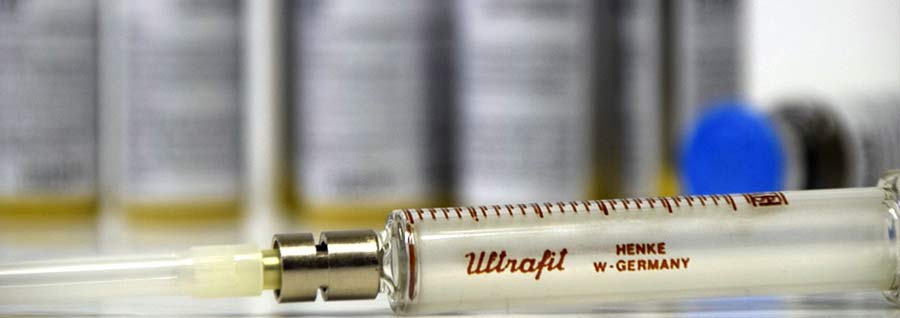How Much Does It Cost to Become an Esthetician?
Becoming an esthetician can be a rewarding career choice for those passionate about skincare and beauty. However, aspiring estheticians often wonder about the financial investment required to enter this field. In this comprehensive guide, we’ll break down the costs associated with becoming an esthetician, including education, equipment, and other essential expenses.
Education and Training Costs
The first step to becoming a licensed esthetician is completing a state-approved training program. The cost of these programs can vary significantly based on location, duration, and the institution you choose.
- Tuition Fees: On average, tuition for esthetician programs ranges from $5,000 to $15,000. Some schools may offer accelerated programs that could be more expensive but allow you to enter the workforce sooner.
- Textbooks and Supplies: Your education may also require purchasing textbooks, uniforms, and skincare supplies, which can add another $500 to $1,500 to your expenses.
- Certification Fees: After completing your training, you will need to pay for the state licensing exam, which typically costs between $100 and $300.
Tools and Equipment
Once you are trained and licensed, investing in your own tools and equipment is essential. The cost for these items can vary based on the services you plan to offer.
- Basic Esthetician Kit: Most schools will provide a kit containing essential tools, but if you need to purchase your own, it can cost anywhere from $200 to $1,000.
- Professional Equipment: If you plan to offer advanced treatments, consider additional equipment like facial machines, LED therapy devices, or microdermabrasion machines, which can range from $300 to several thousand dollars.
Continuing Education
To remain competitive and stay updated with the latest trends in skincare, many estheticians pursue continuing education courses. These costs can vary widely:
- Workshops and Certifications: Expect to pay $100 to $1,000 for specialized training in areas like chemical peels, laser therapy, or makeup artistry.
- Membership Fees: Joining professional organizations, such as the Associated Skin Care Professionals (ASCP), can enhance your credibility and provide access to resources, costing around $100 per year.
Business Costs for Independent Estheticians
If you plan to work independently or open your own salon, the costs can increase significantly. Here are some key areas to consider:
- Location and Rent: Renting space in a salon or opening your own location can cost $500 to $3,000 monthly, depending on the location.
- Marketing Expenses: To attract clients, invest in marketing, which could range from $100 to several thousand dollars for online ads, promotional materials, and a website.
- Insurance: Business insurance is critical to protect yourself against liabilities, costing around $500 to $1,000 annually.
- Utilities and Miscellaneous Costs: Factor in ongoing costs for utilities, internet, and other supplies, which can add another $300 to $800 monthly.
Average Total Costs
When considering the overall investment to become an esthetician, here’s a rough breakdown:
- Training and Licensing: $6,000 - $18,500
- Initial Equipment and Supplies: $500 - $5,000
- Continuing Education (Yearly): $100 - $1,000
- Business Start-Up Costs (if applicable): $1,000 - $10,000+
In total, the estimated investment to become an esthetician can range from $7,600 to over $34,500 depending on your path and choices.
Financing Options
Considering the costs associated with becoming an esthetician, it's important to look into financing options:
- Student Loans: Many aspiring estheticians finance their education through student loans, which can help cover tuition and fees.
- Payment Plans: Some esthetician schools offer payment plans to make tuition more manageable.
- Savings and Personal Loans: Using personal savings or loans from family members can help cover additional costs.
Conclusion
Becoming an esthetician involves a variety of costs that can add up significantly. Understanding these expenses can help you plan accordingly and make informed decisions about your education and career path. With a passion for skincare and beauty, the financial investment can lead to a fulfilling career in the esthetics industry.





